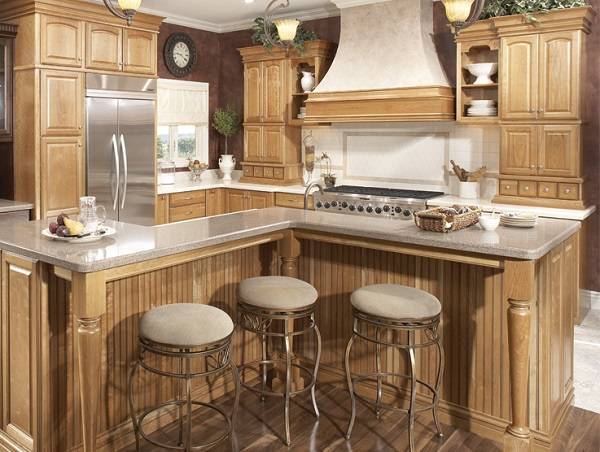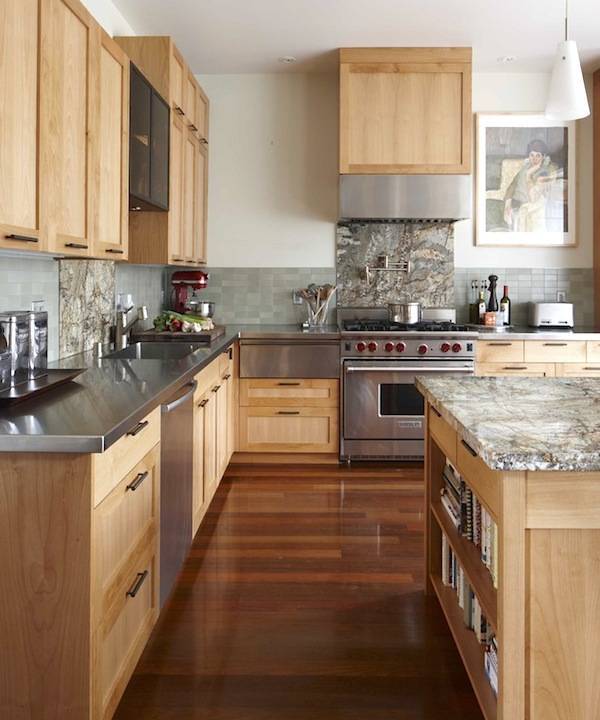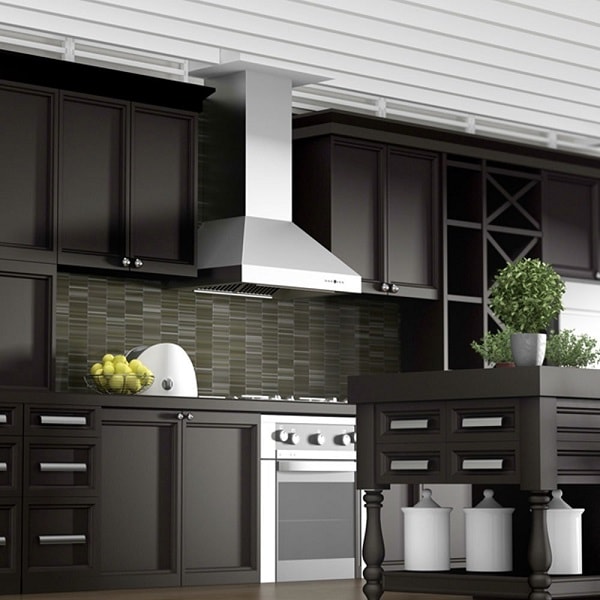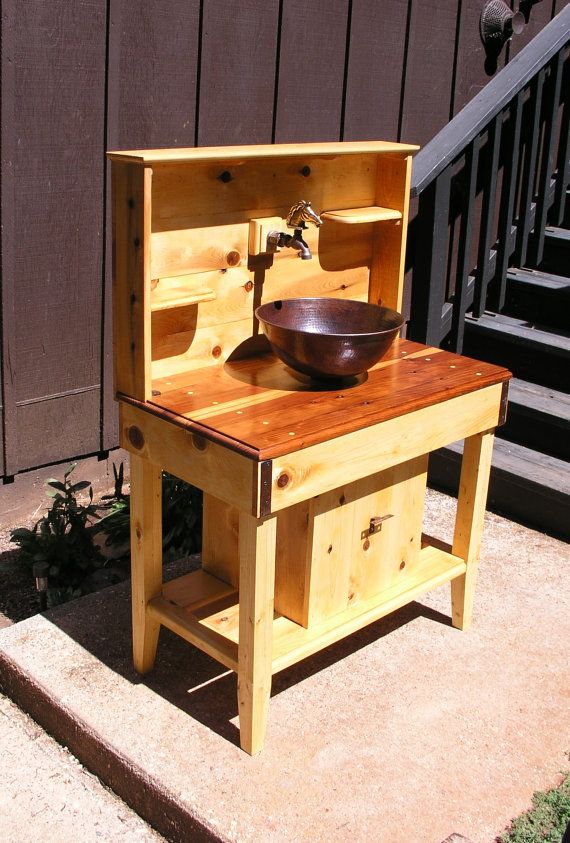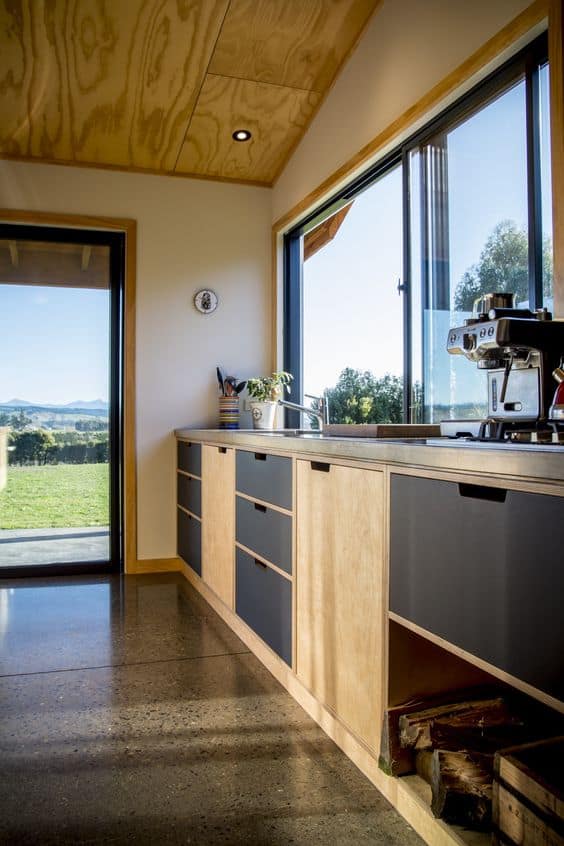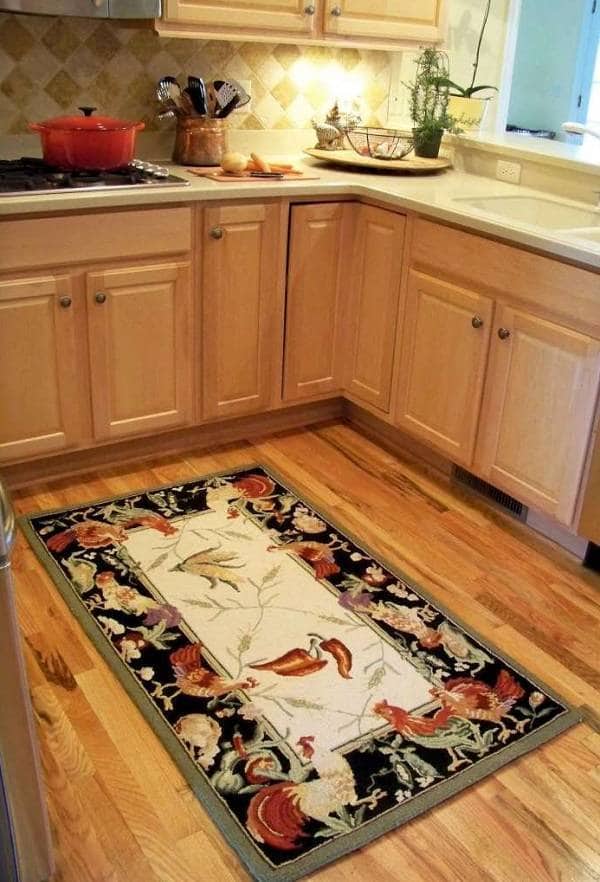Quartz is man-made material engineered to mimic natural stones like marble, granite, and quartzite. Because of its durability, versatility, and low maintenance, quartz has become highly popular among countertop materials. With all the grain and luster of marble and granite or the delicate swirling texture of travertine, quartz is much cheaper than these natural counterparts.

Read more about the difference between quartz and other natural stones at https://www.caesarstoneus.com/blog/quartzite-countertops-vs-quartz-countertops/.
Many people think that a countertop made of quartz requires a lot of care and dedicated upkeep. Well, these gorgeous countertops are low-maintenance and ultimate in their style and function.
Which countertops are important to seal?
There is a lot of confusion about sealing countertops and whether it’s necessary to seal quartz countertops. Let’s first understand why it is important to seal some countertops while others may be left unsealed.
If you have countertops made of granite, marble, or any other natural stone, you will have to seal them to maintain them for long. These stones are porous and lock moisture when liquid seeps into them. It can lead to bacterial growth and deposit grease on the surface of the countertops. Properly sealed countertops let water and oil bead on the surface rather than seep into the stone. It blocks moisture and prevents stains and bacteria from settling on the surface, thereby extending the life of the countertops.
Sealing countertops can also prevent corrosion caused by detergents or acidic products such as lemon juice.
Do you have to seal quartz countertops?
If you’re wondering how to seal quartz countertops, wonder no more because you never have to.
Quartz is made of a very cohesive material that makes it non-porous, unlike other natural stones. Therefore, quartz countertops don’t require sealing to protect them from stains and mildew. Granite and marble, on the other hand, are porous. If not sealed properly, they attract stains and lose their luster soon.
What happens if you seal quartz countertops?
Since quartz is non-porous, it doesn’t absorb the sealant applied to it. The composition remains on the surface of the countertop like a liquid film. On natural stone countertops like marble, the sealant seeps into the countertop surface and fills the pores. Simply wipe quartz countertops with warm soapy water to make them shine like they were first bought.
How to maintain quartz countertops without sealing
As good as quartz countertops are, not all of them are the same. The cheaper options use low-quality mixtures containing only 70% loose quartz. High-quality quartz countertops like ones from Caesarstone are made by using a higher percentage of quartz minerals. You will not find smudges or stains, color differences, holes, or any other inconsistencies on the surface of the countertops.
Quartz countertops don’t require much care. However, if left unattended for a long time, they may attract problems. Quartz is non-porous and does not absorb liquids. However, quartz countertops can stain over time, so you should clean up spilled surfaces.
Here are some tips for taking care of quartz countertops.
Use non-abrasive cleaning products.
Mild liquid dish soap is just enough for cleaning quartz countertops. Anything abrasive can etch the countertop after continuous use.
Avoid countertop exposure to extreme heat.
Quartz is heat resistant but not completely heatproof. A coffee mug or hot bowl of soup on it may not render any damage. However, leaving a scorching pan on it for a long time can discolor your countertop or put burn marks on it. Use trivets or hot pads to place the hotpots on the countertop.
Don’t cut or chop anything directly on the countertop.
While scratching the quartz countertop isn’t that easy. Certain acidic foods like citrus fruits may cause discoloration of the used area and leave a dull spot on the countertop.
Keep chemicals away
Experts recommend not to spill the following chemicals on quartz countertops to protect them from damage:
- Strong alkaline products
- Corrosive cleaners
- Oxidizing agents
- Free radicals
- Detergents with a high acid content
Why should you choose quartz countertops?
Compared to natural stone, quartz countertops are sturdier, more durable, non-porous, and stain-resistant, which reduces maintenance time and effort. Quartz also has more colors and textures than its stone counterparts. However, if you have a heavy-duty kitchen, use granite or marble countertops as they are more heat resistant than quartz.
These are the benefits of using quartz countertops:
Durability: The hard surface of quartz makes it ideal for countertops due to its durability. Its impact resistance is superior to both granite and marble.
Unlike granite and marble, quartz is non-porous. Hence, it is resistant to stains, scratches, cracks, and chips.
Versatility: Quartz versatility allows design freedom with a variety of application processes beyond the countertops.
Flexibility: Quartz can be shaped into curves. Professional quartz countertop manufacturers like Caesarstone can cut the stone into small bricks and unique sizes and create shapes suitable for countertops, stairs, walls, sinks, and other uses.
Low maintenance: The non-porous nature of quartz allows for near-carefree surfaces without the need for sealing. To remove stains and keep the shine, wipe it with soap and water or a mild detergent. There is no need to worry about bacterial build-up due to mold.
Conclusion
Until recently, there was practically no artificial stone that could compare in beauty with natural stone. Thanks to significant advances in countertop stones, quartz now offers superior beauty over natural stone. It can also be designed to resemble natural stones such as granite, marble, and quartzite.
The technically advanced process of manufacturing quartz countertops has made them more durable and arguably more beautiful than other natural stone countertops.
Apart from looks, ease of maintenance is another area where quartz shines. You don’t need to worry about proper sealing of quartz, whereas other natural stone countertops require re-sealing 1-2 times a year. In addition, quartz is more resistant to cracking.
All these factors combine to make quartz countertops a much more profitable investment than other stone countertops.
Always consult a professional for the best type of countertops to enhance the beauty of your kitchen and bathroom.
